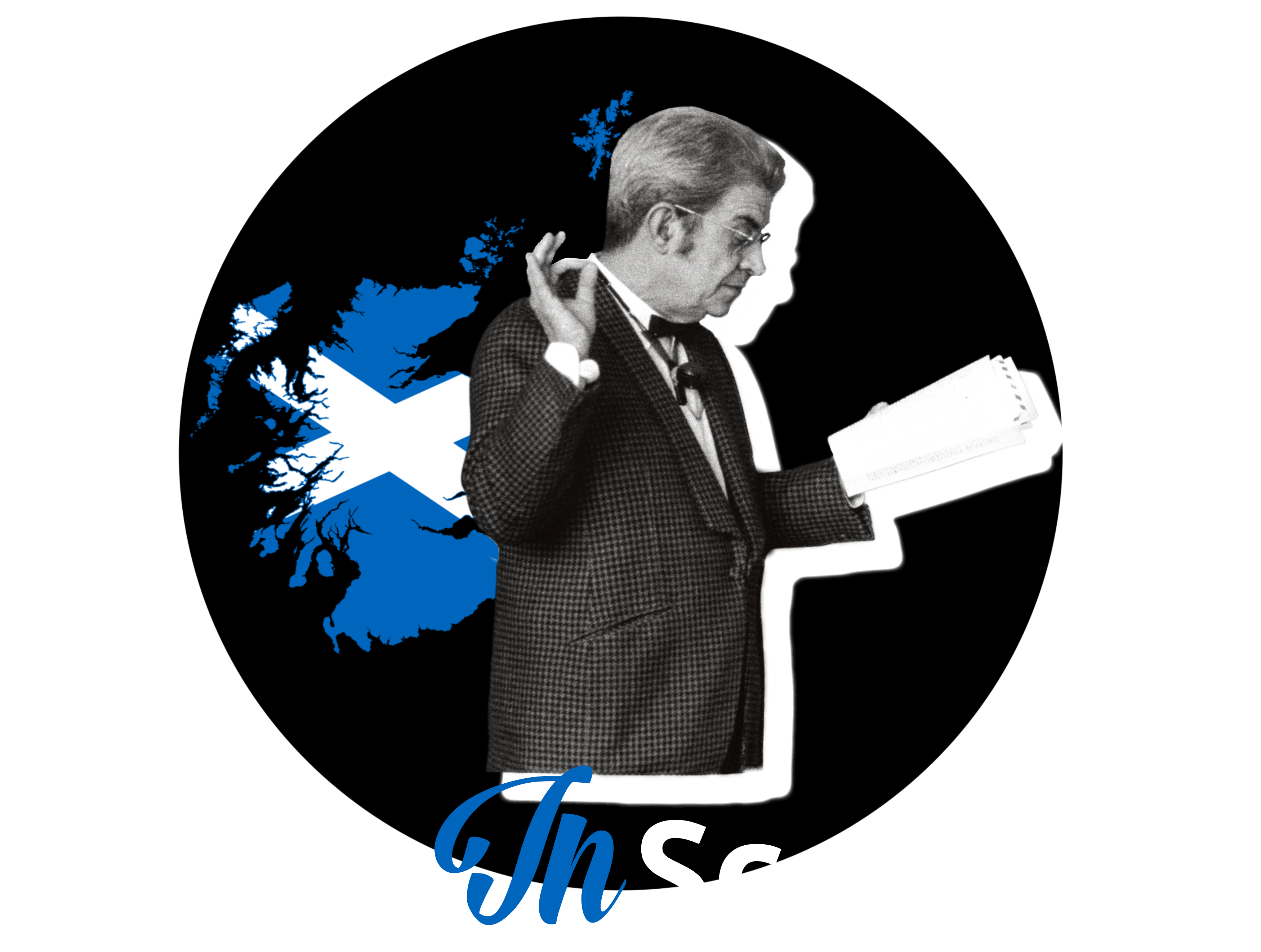Becoming familiar with Lacan’s thoughts can be like a maze if you don’t know where to look. To go straight to Lacan’s work, without the complement of secondary resources to make a bit sense of it all, is a brave and difficult endeavour. There are of course many books out there so I thought I would share some of the references which have been of great help to me at the start of my ‘journey’, and some of which still are, and that I know other people around me have also benefitted from. Here is my list of suggestive starting points:
Freud
If you’re serious about getting your teeth into Lacanian theory, Freud is an essential and logical starting point, which Lacan stresses with his ‘Return to Freud’ project. Freud’s The Interpretation of Dreams provides a great basis for starting to understand Lacan’s ideas, specifically his famous maxim “the unconscious is structured like a language”.
General Books on Lacanian Theory
- Sean Homer – Jacques Lacan
A very accessible book that works well as a first contact with the theory. - Slavoj Žižek – How to Read Lacan
Introduction to Lacan’s ideas through the lens of popular culture and ideology. - Bruce Fink – The Lacanian Subject: Between Language and Jouissance
Invaluable book for grasping complex, core ideas. - Calum Neill – Without Ground: Lacanian Ethics and the Assumption of Subjectivity
A unique book containing clear and in-depth readings of Lacan’s essential concepts. - Stijn Vanheule – The Subject of Psychosis: A Lacanian Perspective
While the focus is mainly on psychosis, this is one of the best books which coherently outlines the development of Lacan’s thoughts in relation to his general theory. - Dylan Evans – An Introductory Dictionary of Lacanian Psychoanalysis
If you’re looking for specific concepts to learn about briefly, this dictionary is a valuable partner which outlines over 200 Lacanian terms and how they were developed. - Darian Leader – Introducing Lacan: A Graphic Guide
If you prefer something graphic.
Clinically Oriented Introductory Books
While all books mentioned above are more or less clinically relevant, if you’re a practitioner with little time to spare, here are some more clinically focused introductory books:
- Bruce Fink – A Clinical Introduction to Lacanian Psychoanalysis
- Bruce Fink – Fundamentals of Psychoanalytic Technique: A Lacanian Approach for Practitioners:
A more practical and highly accessible book for those who wish to apply Lacanian ideas in their practice, or are just interested in how the theory is applied in practice.
Lacanian Discourse Analysis
Lacan did not establish a way of conducting discourse analysis that goes under the name ‘Lacanian Discourse Analysis’. However he did offer conceptual tools which others have built on in developing a Lacanian approach to discourse analysis, specifically David Pavon Cuellar, Ian Parker and Calum Neill. Here are their core writings on the topic of doing discourse analysis ‘Lacanian style’:
- Calum Neill – Breaking the Text: An Introduction to Lacanian Discourse Analysis
Excellent introduction that does not presuppose knowledge of Lacanian theory. - Ian Parker – Psychosocial Studies: Lacanian Discourse Analysis Negotiating Interview Text
- David Pavon Cuellar – From the Conscious Interior to an Exterior Unconscious: Lacan, Discourse Analysis and Social Psychology
Lacan’s Seminars & Writings
Lacan held annual seminars in Paris which have been transcribed, and some of which have been edited and published by Jacques-Alain Miller (and translated into English). Those which have not been published can be found online and have been translated into English by Cormac Gallagher. Each seminar has a title that indicates the theme of the seminar. For example seminar X is called ‘Anxiety’.
Lacan’s core writings are collected and published under Écrits. This is not an easy reading by all means (be warned), but there are secondary resources making sense of some of the essays which can be helpful, for example Bruce Fink’s Lacan to the Letter: Reading Écrits Closely. Similar close readings are currently on the way under the title Reading the Écrits collection, the first complete guide to Lacan’s core writings, which is co-edited by our very own Calum Neill.
Are you currently reading or have read an introductory book/article on Lacanian theory which has been useful for you? We would love to hear from you!
By Amanda Diserholt

